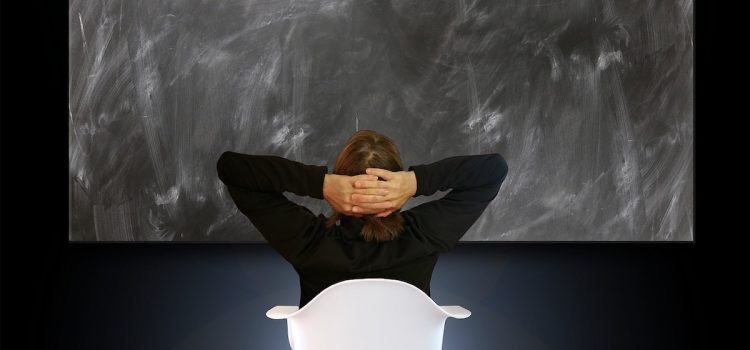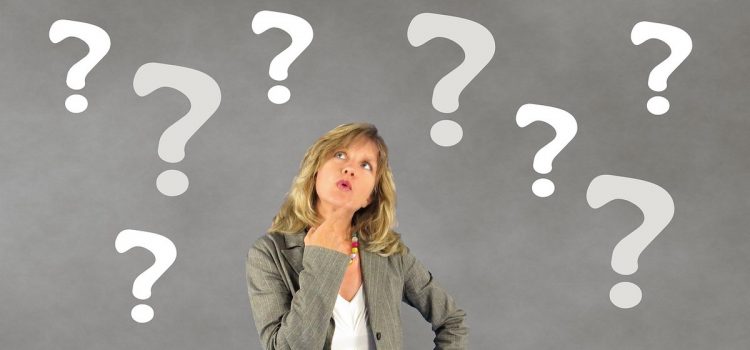Is string theory correct? Is it even possible to find out whether it is or not? In The God Equation, theoretical physicist Michio Kaku suggests that string theory might be the path to uniting all the different laws of nature. But, many scientists reject string theory as a piece of mathematical sleight-of-hand. Read more to learn about the fascinating debate surrounding string theory.
Is String Theory Correct? We Might Know—If We Could Test It










